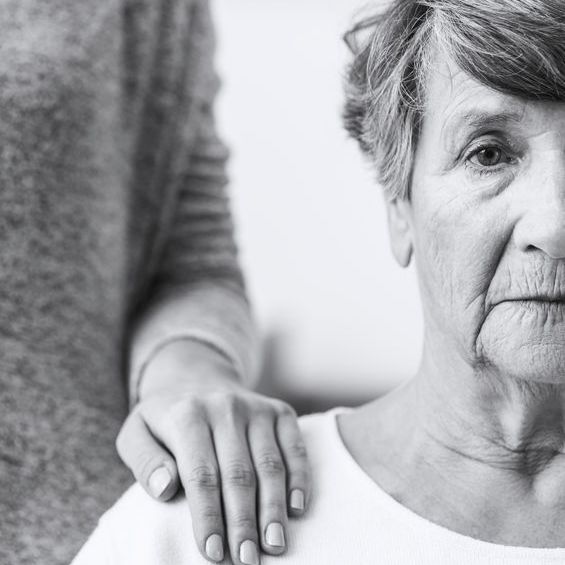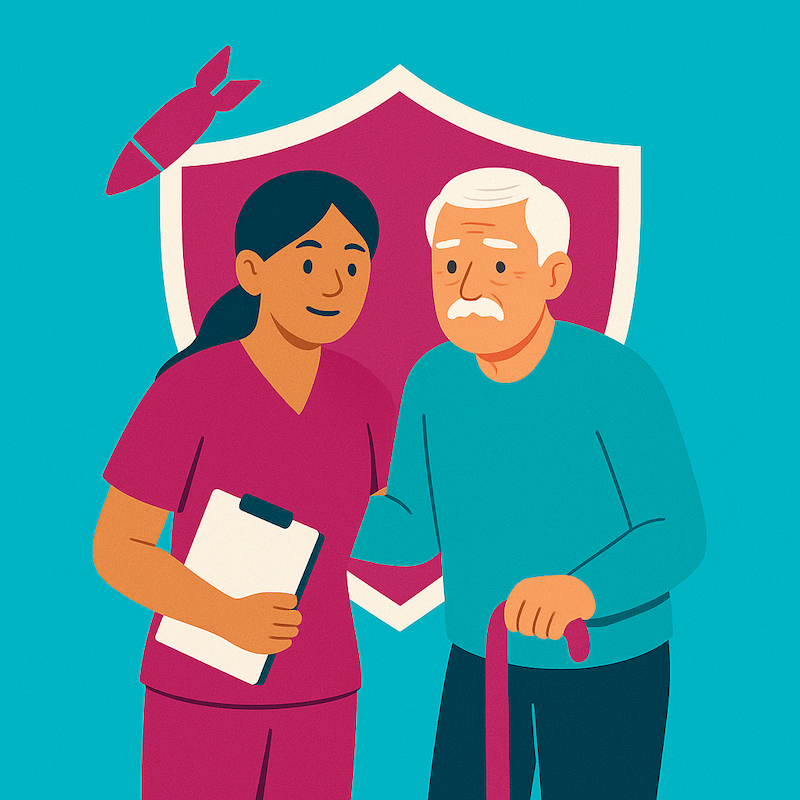Basic Tips When You Are a Caregiver to a Dementia Patient
dementia | 05.10.2020
Wondering what are best things to do when you are caring for a Dementia patient? Although dementia does not have a one-size-fits-all definition, this challenging disease that affects our elders has several common symptoms.

According to the World Health Organization, there are more than 50 million patients affected by Dementia around the world. We have collated some of the top tips so we can also share with you what we know. Check out our top tips when you are caring for a Dementia patient to help you in tackling this situation.
- Take Down Notes.
As a caregiver, it would be best to write down the milestones or the different moments that you will have to tell the doctors and the families of your patient.
Take, for example, several times that the patient has already mentioned they would like to go home even though they are home. Or anything in particular that you think would help assess how Dementia has already progressed.
- If in doubt, you can always say the DOCTOR CALLED.
Sometimes, the patient seems to not trust any of the things you are telling them. The doctor is that person of authority and most likely the patient has great respect for them. It is not lying but trying to persuade the patient to follow for their own good.
- Apply different tricks to pin down bath time.
Bath time with a Dementia patient is a challenge on its own. They will refuse your help or not take a bath at all. You make start the day with a batch from early morning to just before midday when their minds are still sharper. You can also break down batch time to hair care, body wash, etc. Make sure you also give them the chance to take care of themselves and only offer help when they needed it.
- Make mealtime fun and relaxing.
Nutrition and hydration are two things that are very important to seniors and that the lack of both will lead to a host of problems that can also increase risks to another sickness. When preparing the table, make sure you have less to no distraction and make the meal as colorful and as interesting as it can be. Also, take note of what they like because you also have to prepare what appeals to them. As with drinking, boost the intake of water by probably adding more water to their juices.
- Stay clean in everything.
The senior patient has so many challenges from getting up, to taking a pee, to soiling himself. Anticipate the things that can happen to them during the day and keep all your supplies reachable so you can clean up right away. They can be irritable and frustrated if they are dirty and smelly so help them to stay clean as always.
The list goes on and on and you can also add your own tips in dealing with your Dementia patients. But remember that this disease is not a template that applies to all. Each person has a different set of symptoms, may be similar but not the same with the next person. A personalized care plan is a perfect way to deal with these symptoms, the temperament, and most of all the needs of this patient.











